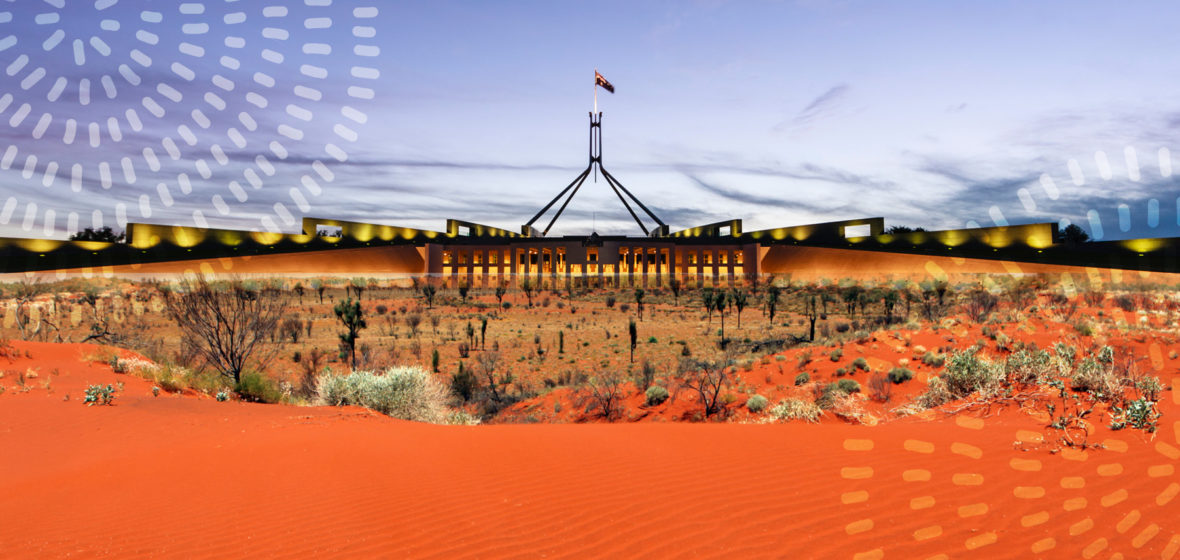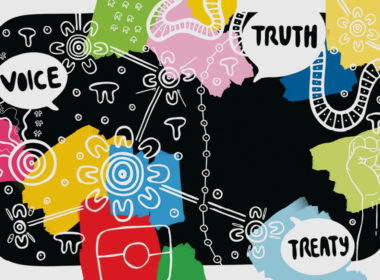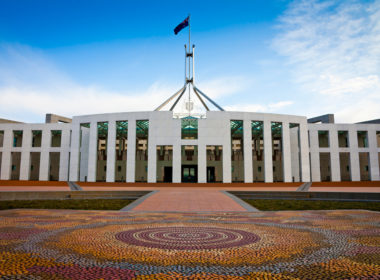Snapshot
- The discussion around a Voice has been ongoing for close to seven years but many basic questions remain unanswered.
- The objectives of the Voice have not been spelt out and it is unknown whether it will be primarily an advice-giving body or whether it will also promote self-determination of Aboriginal people by negotiation of a treaty or some form of power-sharing with the government.
- A core issue is whether a failure to consult or a failure to give consideration to advice can lead to a judicial review of a policy or act and there are seven important questions that need to be answered in order for people to make an informed decision in a referendum.
The Albanese government is committed to legislate into life during the current term of Parliament, a Voice for Aboriginal people.[1] This is a laudable objective, but much needs to be done to give life to the Voice and to ensure its survival. The consultation and discussions around a Voice have been going on for close to seven years (or perhaps more than a century depending on when you start counting), but many basic questions remain unanswered.
There is a risk, as was the case with the republican debate, that something that seems obvious and ready for public approval, fails because the details put people off. That does not bode well, because so many people can develop a gripe about so many issues. Strange bedfellows can find themselves voting ‘no’ but for different reasons. International experiences with referenda show how easy it is for a referendum to develop a life of its own – remember Brexit where opinions polls convinced David Cameron that Brits would overwhelmingly vote to remain in the European Union? Yes, so much for the reliability of opinion surveys…
In this article, I refer to the three previous experiences of Australia with Aboriginal advisory bodies, to identify seven essential questions on which answers must be given to the electorate in general, and Aboriginal people in particular, before a referendum can be called. Until and unless these questions are answered, it is unrealistic to expect an informed debate, whilst those propagating a ‘no’ will have a field day.




